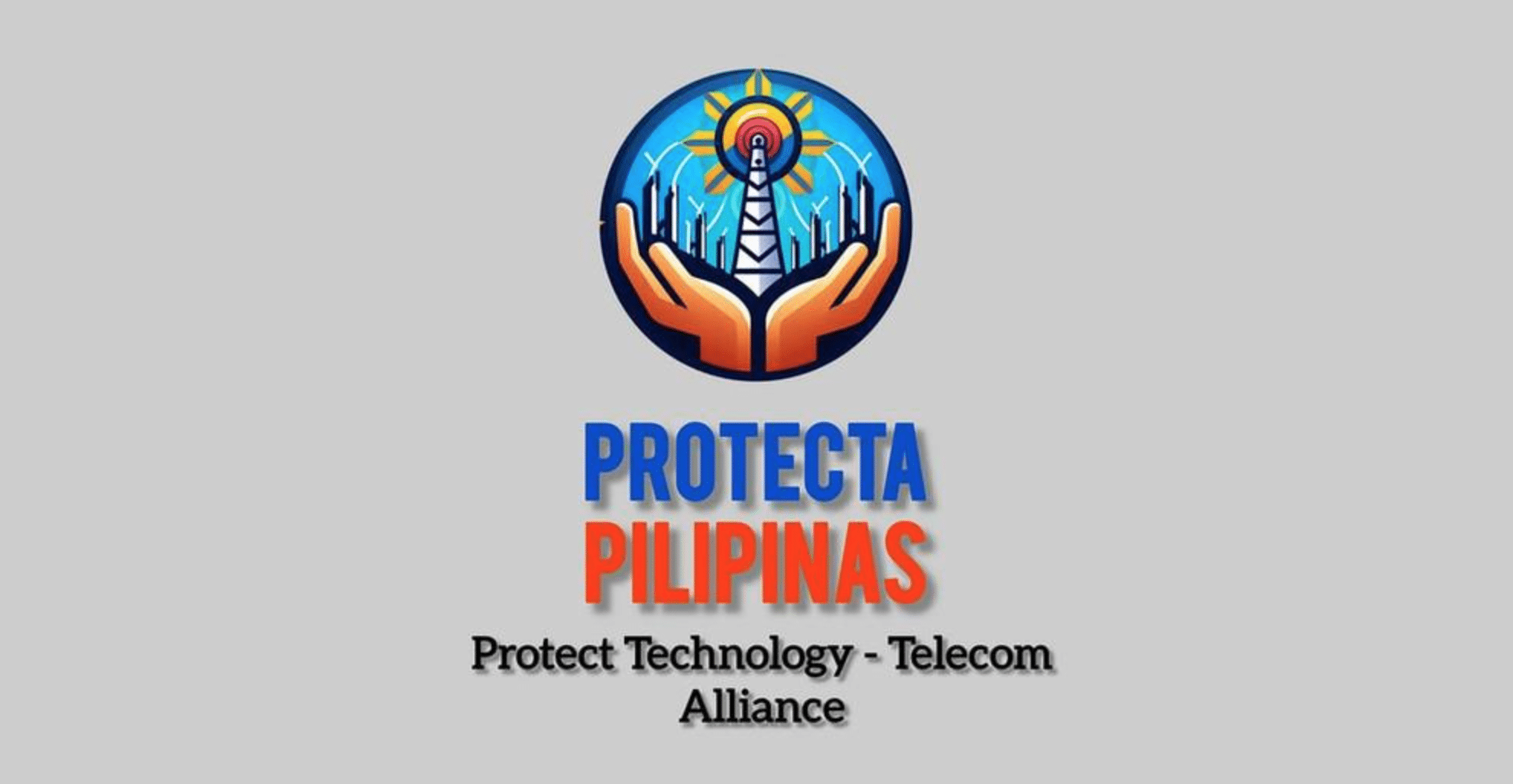
Photo from Protecta Pilipinas Facebook account
Protecta Pilipinas, a multi-sectoral group comprising telecommunication players and government agencies, urged the financial technology (fintech) sector to step up their measures to safeguard users as hackers intensify their attacks.
In a statement on Tuesday, the organization raised the need to prioritize cybersecurity protocols like multifactor authentication and real-time fraud detection systems.
READ: 2 Philippine fintech firms get fresh funds from IFC
“Leveraging advanced technologies like artificial intelligence and machine learning can help proactively identify and mitigate threats, even as these same tools are used by cybercriminals,” Protecta Pilipinas convener Roy Ibay said.
Apart from this, the group urged fintech players to always update their users on the latest forms of financial scams that may victimize them.
Online hygiene
The industry must also share best practices for online hygiene to avoid scams, it added.
“Combating financial scams is a collaborative effort. Partnerships among fintech companies, regulators, cybersecurity experts and consumers are essential to stay ahead of evolving risks,” Ibay said.
In the Philippines, mobile users have been dealing with text scams, whereby hackers trick unsuspecting victims into clicking suspicious website links by offering fake job opportunities and lottery winnings, among others.
These website links lead to fake portals whereby users will be asked to input sensitive and personal information like bank account details, phone number and address. With these data, hackers can take over one’s bank and e-wallet account to siphon money out.
According to an October 2024 report by Global Anti-Scam Alliance, Filipinos lost $8.1 billion, or nearly P460 billion, in the past 12 months due to scams that were mostly launched via text messages.
On average, Filipino victims each lost $275, or about P16,000, to such scams.
About 67 percent of the victims realize on their own when they had been scammed, the study noted. The rest needed to be told by a representative by bank, telecommunication company and government, among others, to confirm the scam. INQ

